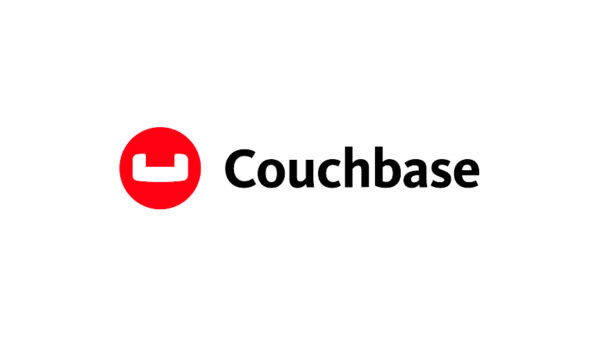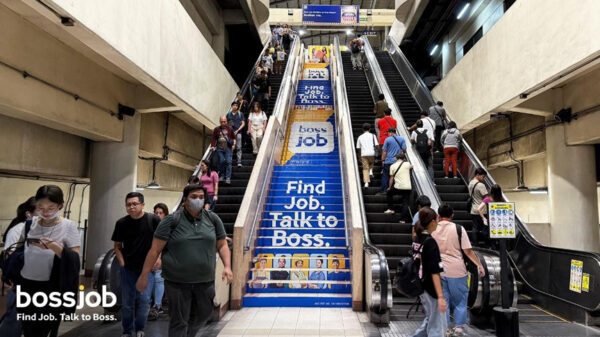A significant 80% of businesses surveyed across Asia, Europe, and the Middle East have established sustainability targets. However, of those who have set sustainability targets, more than half (53%) continue to rely on manual methods for measuring their progress, according to a survey report titled “Tech-Driven Sustainability Trends and Index 2024” commissioned by Alibaba Cloud, the digital technology and intelligence backbone of Alibaba Group. A similar trend is observed in the Philippines, with 81% of businesses setting sustainability targets, yet 55% still using manual methods for measuring their efforts.
The report reveals that 92% of businesses with sustainability targets have set emission reduction targets. However, only one-third of these organizations have committed to net-zero commitments with science-based targets (SBTs). The highest adoption of SBTs is in emerging Asian markets, at 39%, Europe at 35%; developed Asian markets at 30%, and the Middle East at 22%.
Around half of the businesses with sustainability targets cite driving growth (56%), compliance with regulations (54%), and a robust corporate purpose (49%) as their key motivations for establishing targets. Among all markets, Indonesia tops the list with 70% of businesses prioritizing growth, Saudi Arabia leads with 73% emphasizing compliance, and the UAE excels with 61% prioritizing a solid corporate purpose. In the Philippines, compliance with regulations tops the list (60%), business growth (59%), and strong corporate purpose (45%), drive businesses to set up their sustainability targets.
A significant 78% of businesses agree that technology is crucial for achieving global sustainability goals, with top markets including Malaysia (89%), Saudi Arabia (87%), Singapore (86%) and France (86%). Regionally, this belief is strongest in the Middle East (86%), with emerging Asian markets at a close second (83%). Similarly, 78% believe that adopting digital technologies such as cloud computing and AI will accelerate progress toward meeting sustainability goals, with Saudi Arabia leading at 90%, followed by the UAE (84%) and Singapore (81%).
Market Commitment Levels and Challenges
When assessing market commitment levels, Singapore ranks highest with an impressive sustainability index of 91%, followed closely by Germany at 89% and Indonesia at 86%. The sustainability index refers to the percentage of businesses that set sustainability targets in the 13 markets.
Businesses encounter various barriers to meeting their sustainability targets. Budget constraints emerge as the most significant obstacle, affecting 29% of organizations, particularly in the Middle East (41%) and Europe (31%). Complex supply chains further complicate efforts, impacting 28% of businesses, especially in the Middle East (35%) and Europe (29%). Additionally, technology limitations hinder 23% of companies globally, which is higher in the Philippines at 30%. Time constraints also present significant challenges across all regions, affecting 23% of organizations. For those yet to set sustainability targets, budget constraints (32%) and technology limitations (29%) remain the primary barriers to meeting sustainability targets.
Reliance on Manual Measurement
As businesses strive to enhance their sustainability efforts, practical digital tools are necessary. The survey emphasizes the necessity for companies to improve their understanding of digital tools, as 59% of respondents acknowledge a gap in their knowledge regarding how technology can help achieve sustainability goals. This sentiment is particularly evident in Singapore (83%), Hong Kong (75%), and Thailand (70%).
The report also shows a general reliance on traditional practices among businesses, which may present challenges in effectively achieving sustainability goals. The study indicated that over 50% of companies depend on manual processes to measure sustainability performance using spreadsheets, emails, and similar methods. All markets, except for Hong Kong (29%), South Korea (43%), and France (49%), exceeded the 50% threshold, with the highest percentages in the UAE (68%), Saudi Arabia (61%), and the UK (60%). Meanwhile, only around a third of businesses use digital software tools, including cloud platforms, for sustainability progress and measurement. Indonesia (59%), Singapore (48%), and Japan (43%) demonstrate a higher adoption of cloud-based solutions, while the average usage is at 38%.
“The survey findings underscore the urgent need for organizations to reassess their sustainability measurement methodologies and embrace advanced technological solutions like cloud-based platforms and AI services. These digital tools streamline the measurement process and provide actionable insights that can drive meaningful progress for sustainability,” Selina Yuan, President of International Business at Alibaba Cloud Intelligence, said.
“As a dedicated cloud service provider, we are committed to providing innovative and AI-powered solutions such as Energy Expert to enable enterprises to effectively measure and analyze carbon emission and energy consumption to advance their sustainability goals. By addressing existing barriers and investing in such advancements, organizations can better align their sustainability initiatives with established targets,” she added.
“Tech-Driven Sustainability Trends and Index 2024” aims to provide valuable insights into the evolving landscape of corporate sustainability while highlighting how technology can be applied to drive impactful change.











































































































